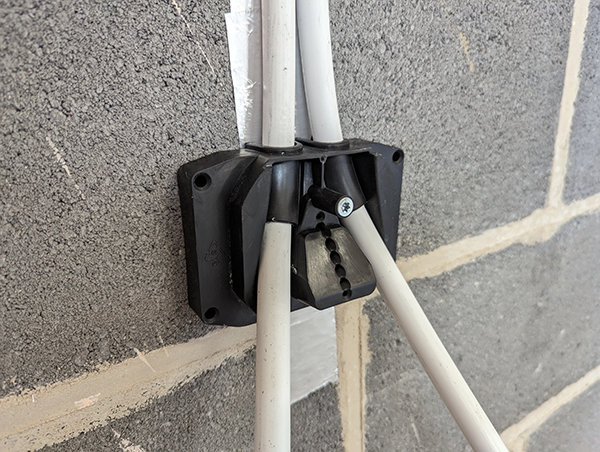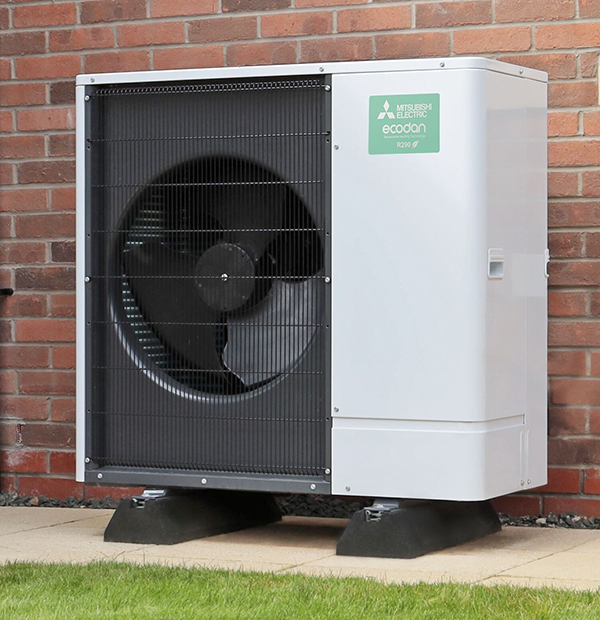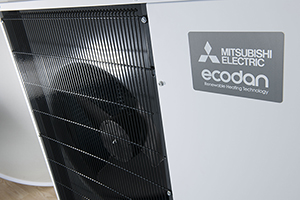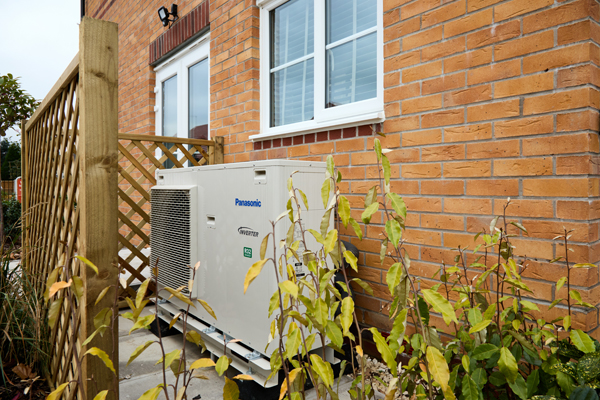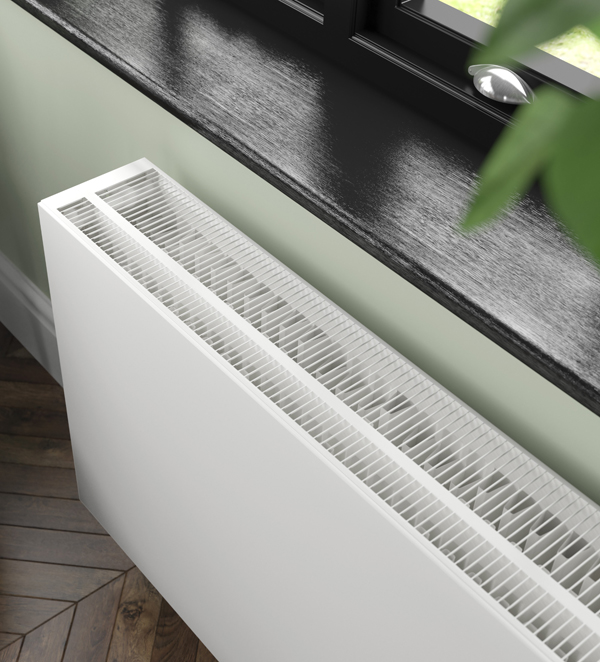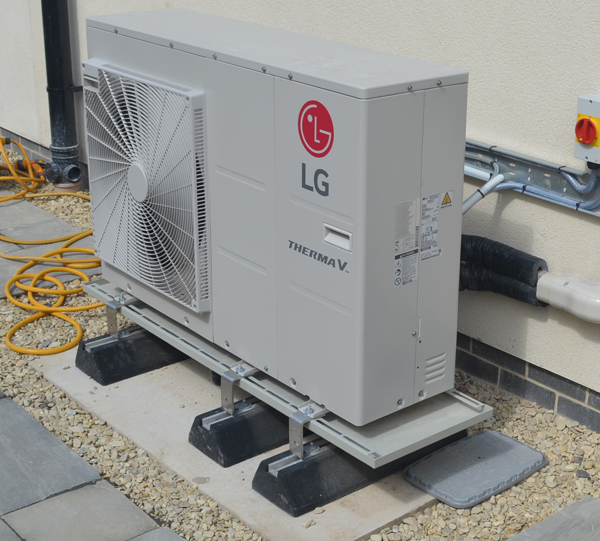Panasonic unveils game-changing solutions for a greener UK at InstallerSHOW 2024

Panasonic Heating & Cooling Solutions wowed the crowd at InstallerSHOW 2024 with its latest innovations, new partnerships, and significant investments in UK training centres. These efforts are set to revolutionise and speed up the UK's journey to Net Zero.
With 19% of the UK’s carbon footprint produced from energy used in heating, using gas boilers, Panasonic is leading the way in decarbonising existing building stocks with its renewable solutions. The future of heating is here, and it's sustainable!
















